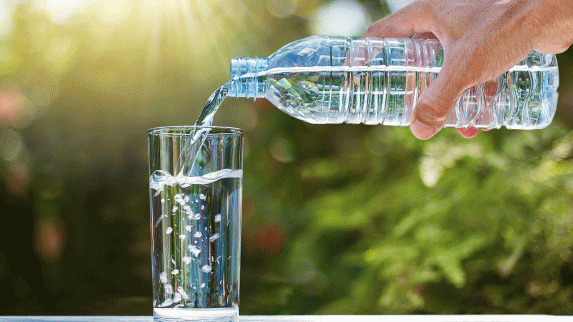A breakthrough microscopic technique that can detect minute particles of plastic in bottled water that can pass into human blood, cells and the placenta with unknown health effects has been developed by a team of researchers from Rutgers Health and Columbia universities. In a study published in the journal Proceedings of the National Academy of Sciences, Rutgers and Columbia researchers counted and identified particles in bottled water, finding that on average one liter of water contained some 240,000 detectable plastic fragments – 10 to 100 times greater than previous estimates based mainly on larger sizes of plastic.
“Recently we, as scientists, have been able to visualize and identify large plastic particles in human tissues, including the lung and placenta,” said study coauthor Phoebe Stapleton, an associate professor in the department of pharmacology and toxicology at the Rutgers Ernest Mario School of Pharmacy and resident scientist in the Rutgers Environmental and Occupational Health Sciences Institute. “This methodology opens the door to evaluate smaller particles with greater toxicological potential and concern.” To read the full story.

